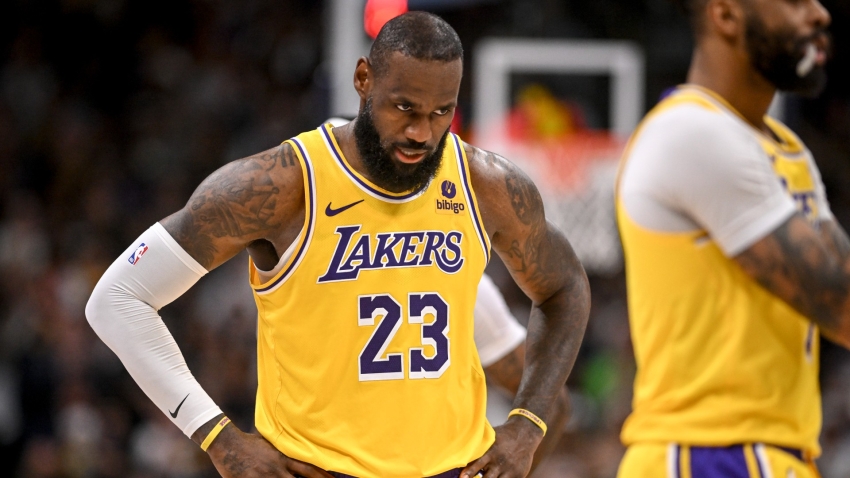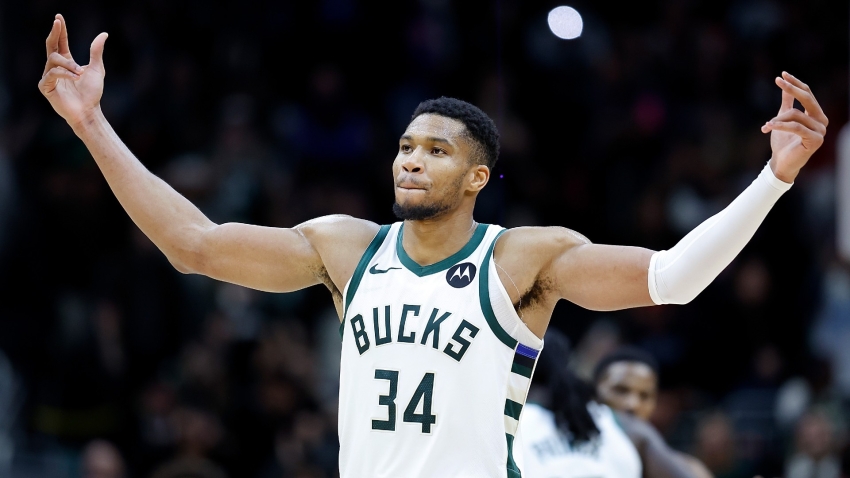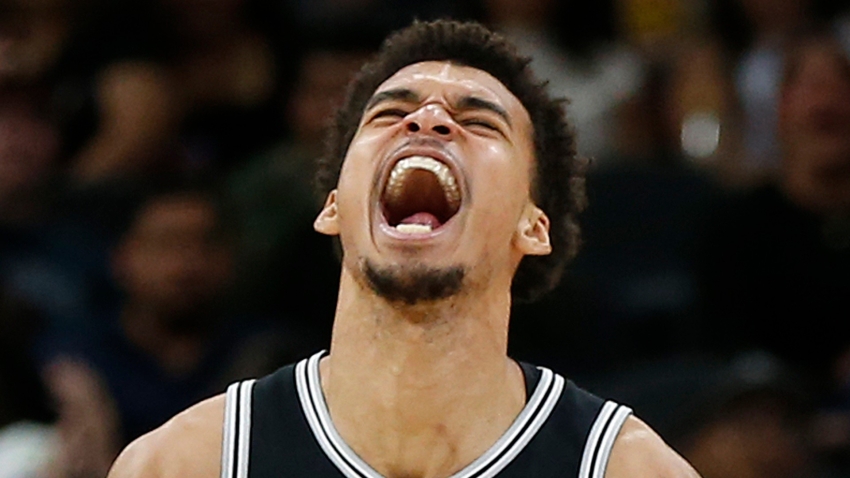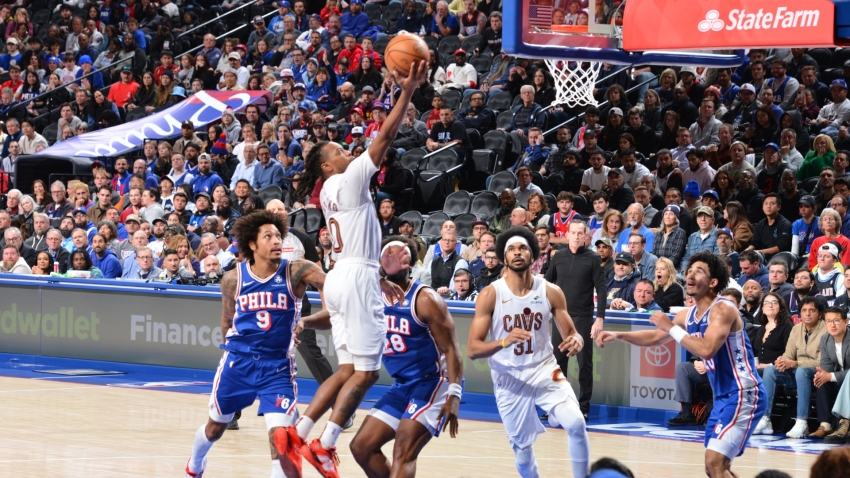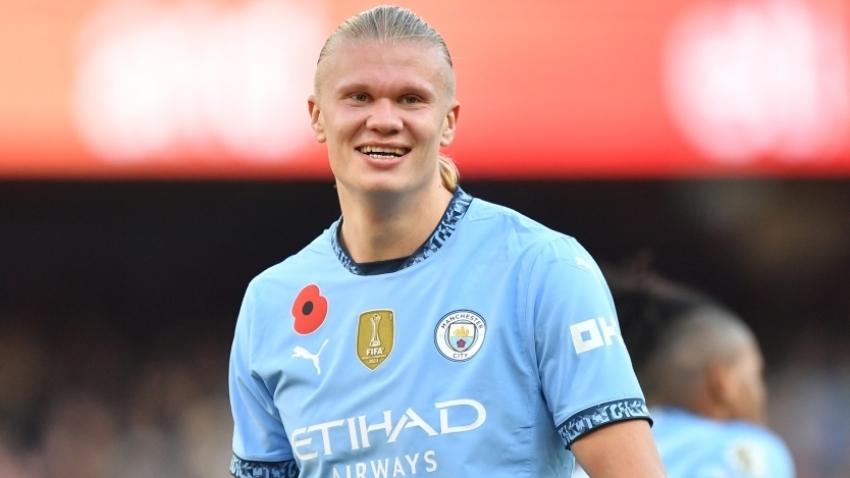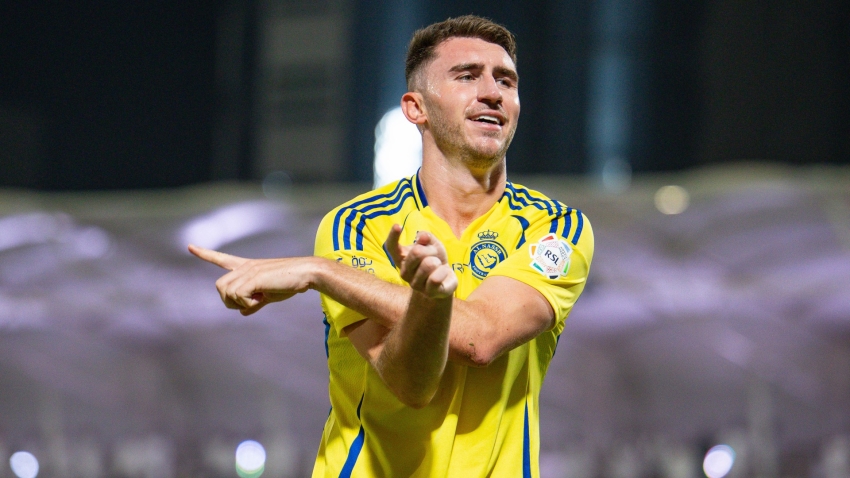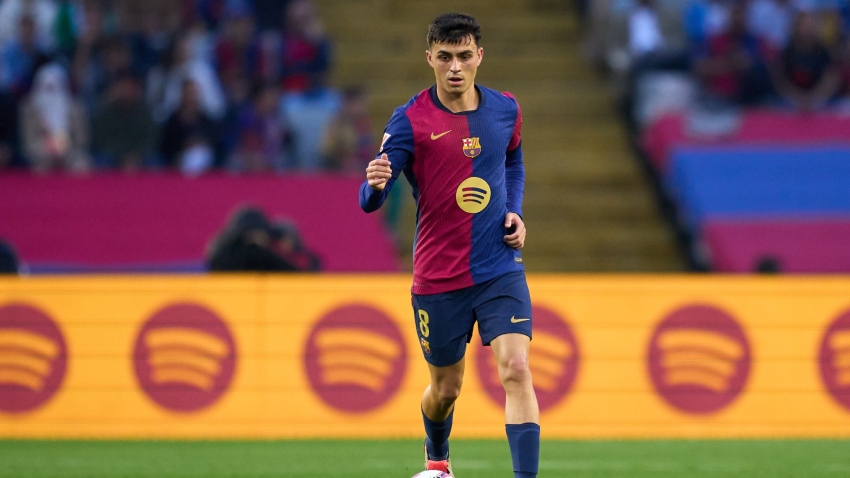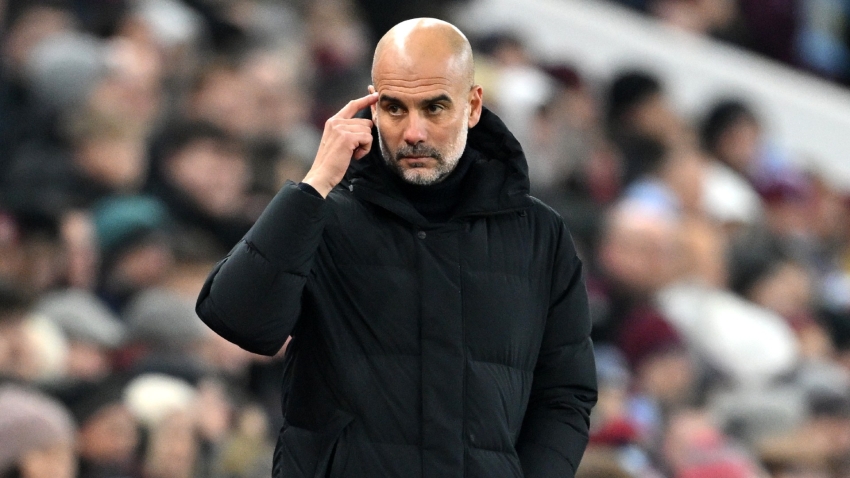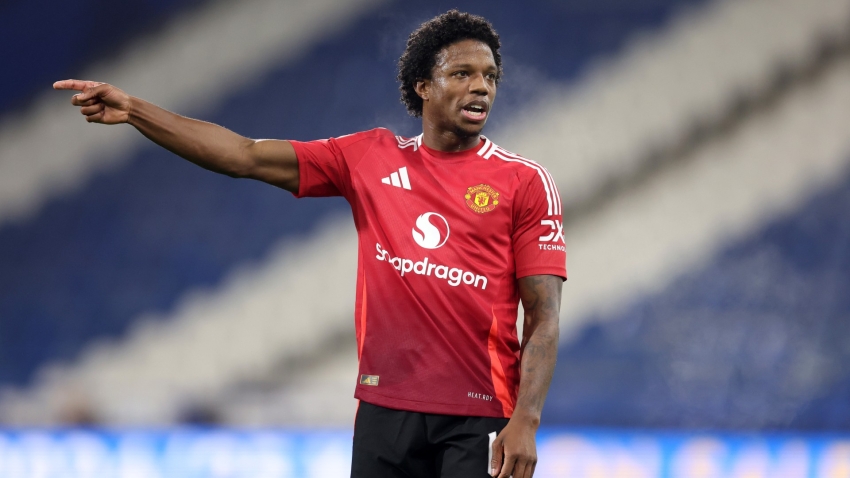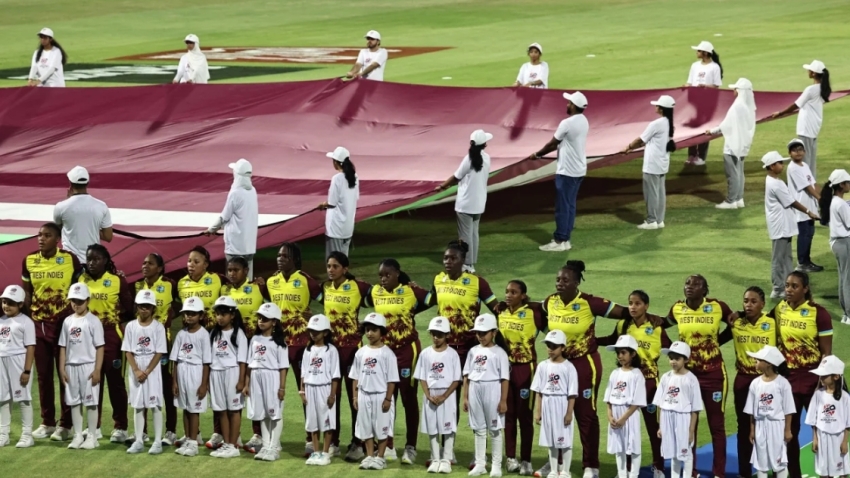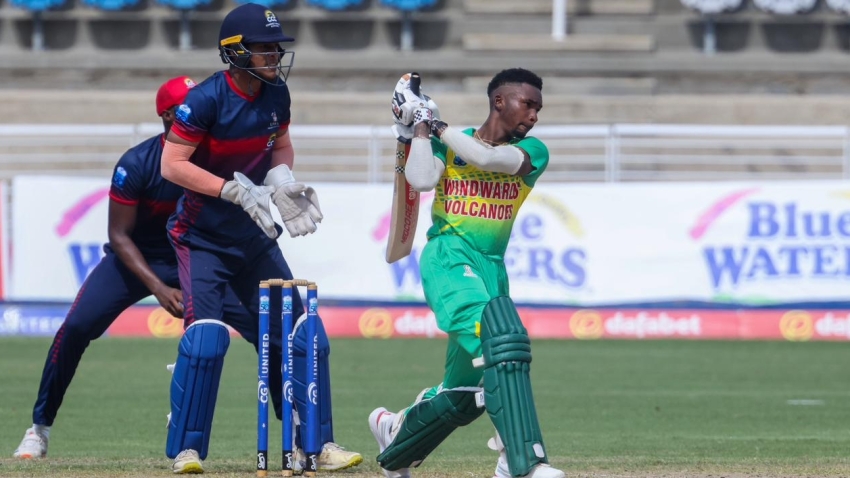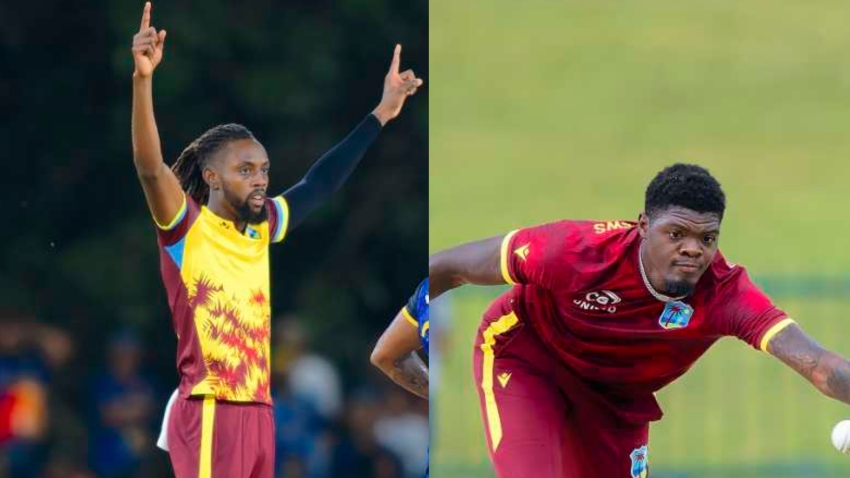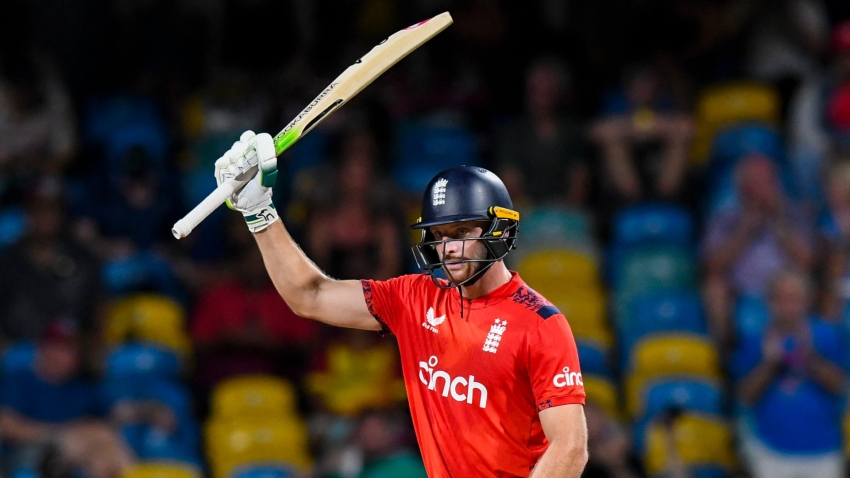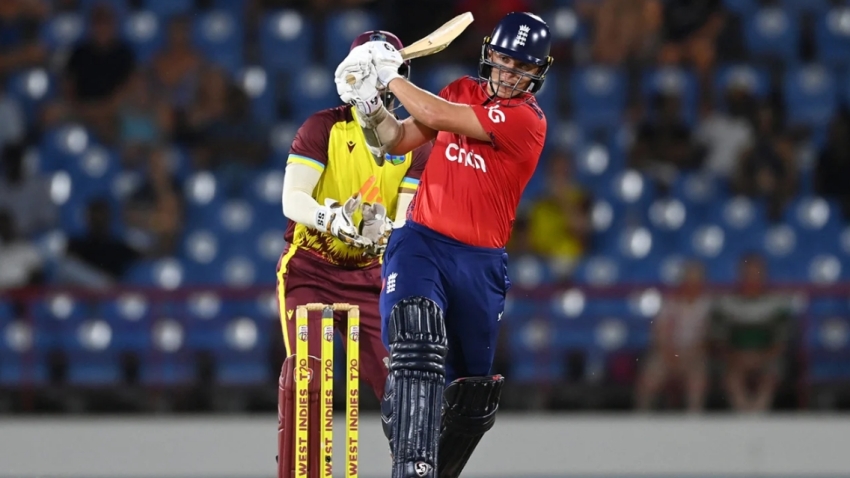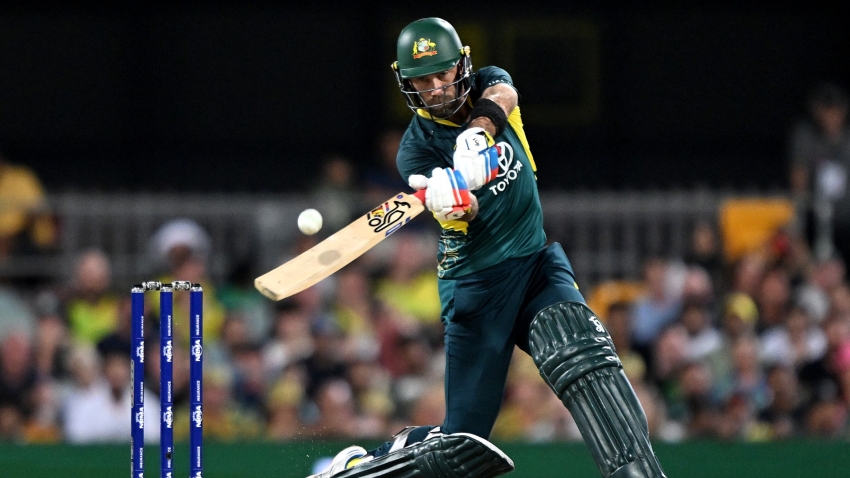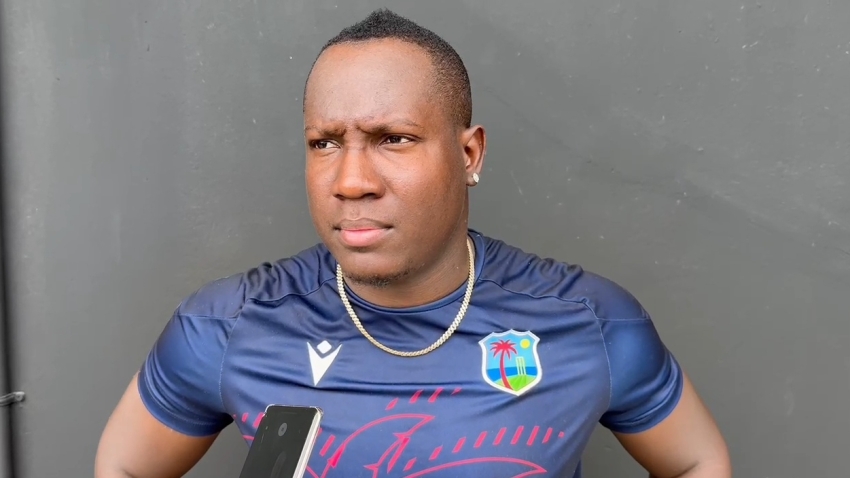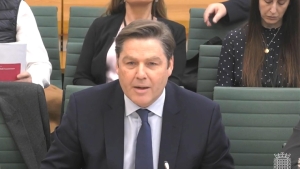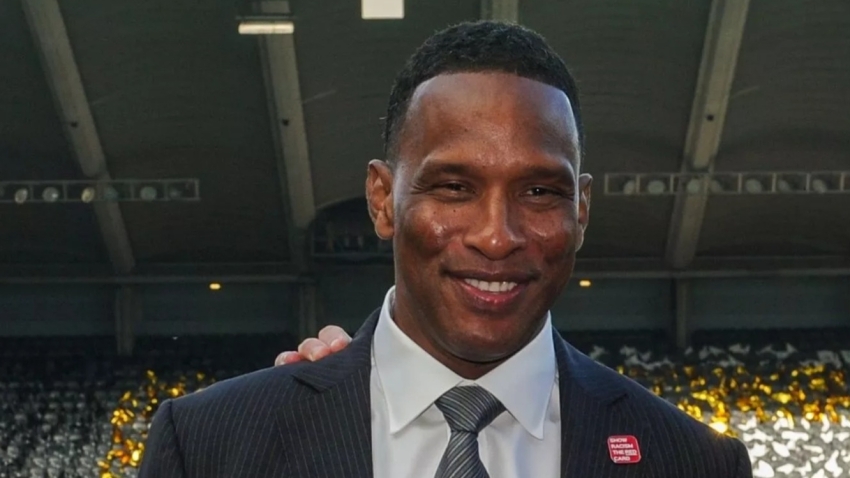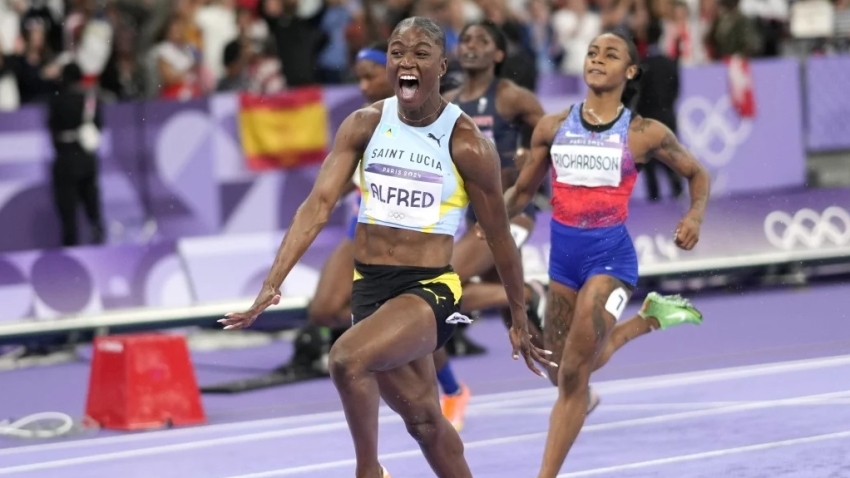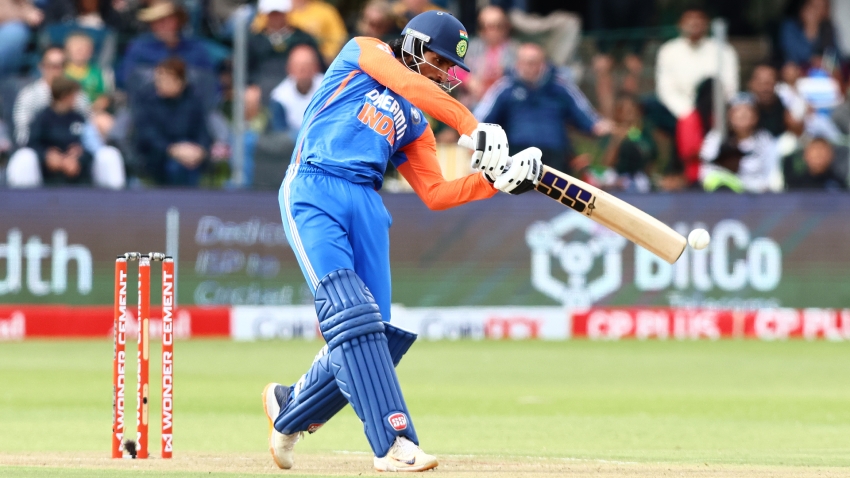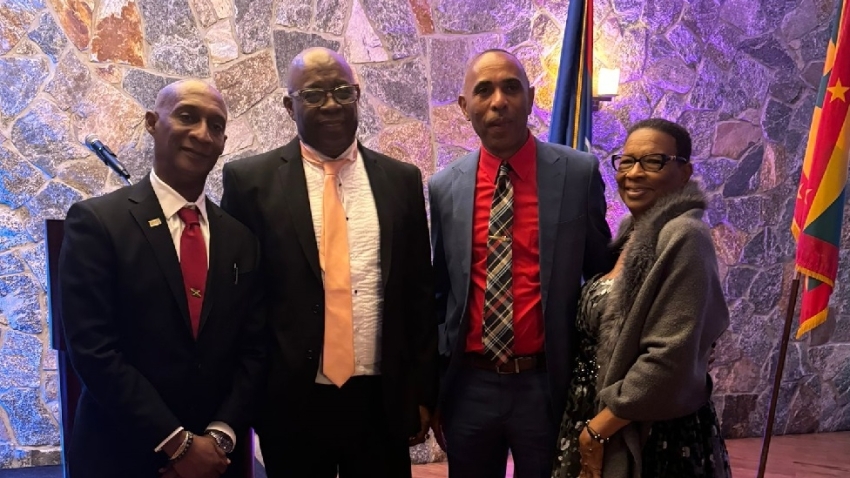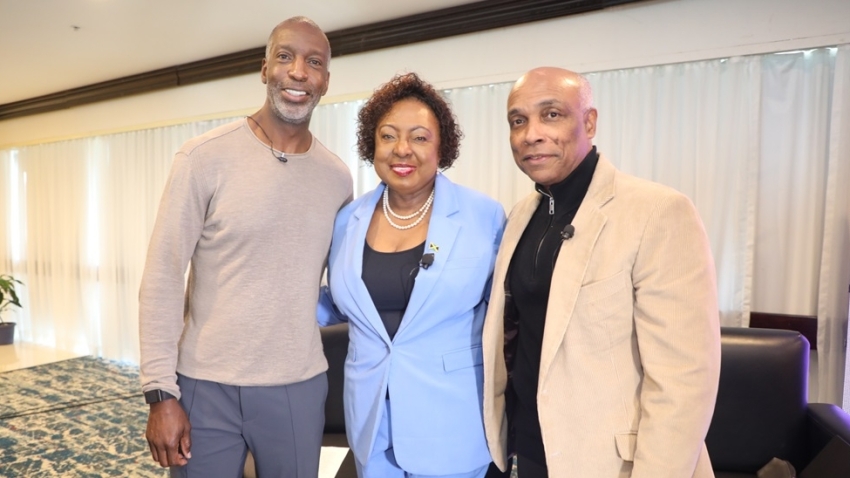The French footballers’ union is considering taking legal action over changes to football’s international calendar which it says are impacting on players’ physical and mental health.
David Terrier, the vice-president of the UNFP, claims FIFA has introduced a 32-team Club World Cup to an already congested calendar without proper consultation, and says its actions are driven by “a thirst for money”.
Terrier’s comments to the PA news agency follow a warning from Professional Footballers’ Association chief executive Maheta Molango in December that the stage had been reached where “people are ready to take legal action” over this issue.
Terrier said: “Faced with the refusal of FIFA and UEFA, faced with the addition of competitions, the drastic increase in injuries, mental fatigue which is hitting more and more players, what other answer can we give than to initiate legal proceedings which will allow us to stop the headlong rush promoted by FIFA in its thirst for competition and – no one is fooled – for money?
“It is necessary that it stops. We are already studying at the UNFP the possibilities offered to us to bring the calendar issue before the courts. We can’t be blamed for not trying to find a solution through dialogue.
“The international calendar is adrift and it is up to us to bring it back to port as quickly as possible using all means at our disposal.”
PA understands any legal action taken by UNFP would not be directly against FIFA.
Terrier said the current schedule was “insane” even without the new-look Club World Cup, which is set to take place in the United States in the summer of 2025.
Terrier called on others to support players on this issue, adding: “What I don’t understand, apart from the words of the coaches, some too rare presidents and the medical profession, why (unions and) the players, are the only ones fighting against disruption of the calendar.
“Because this also impacts clubs, whose players are more often injured, and the national leagues which, as in France, are finding it increasingly difficult to obtain TV rights that live up to their expectations.
“It must be said that the repetition of matches ultimately harms the quality of the show and neither the broadcasters nor the spectators are fooled.
“Today and tomorrow will be worse, everyone loses. So why are we the only ones to fight? It’s incomprehensible.”
Domestic leagues are understood to be assessing their legal options in regard to the Club World Cup, over concerns of the direct impact it will have on start dates for their competitions and indirectly on the value of television rights, with only a finite amount of broadcaster cash available to spend.
Paris St Germain will be France’s sole representatives in the Club World Cup, and their president Nasser Al Khelaifi is the president of the European Club Association which has endorsed the tournament.
A FIFA spokesperson said: “The decision to enlarge the FIFA Club World Cup is in line with FIFA’s Vision as the tournament will provide a relevant platform for clubs from all continents, giving them the opportunity to compete on the world stage, thus taking club football to the next level.
“This is also in line with FIFA’s objective of making football truly global by having clubs competing at the highest level.
“The enlarged FIFA Club World Cup, which is supported by the European Club Association (ECA) and will take place once every four years, also fits into FIFA’s key objective to have meaningful football matches, while also recognising that many regions need more competitive football.
“When it comes to player welfare, it’s worth stressing that the FIFA Club World Cup replaces the FIFA Confederations Cup which was last played in 2017. FIFA has not simply ‘added’ a new competition but also annulled one.”


